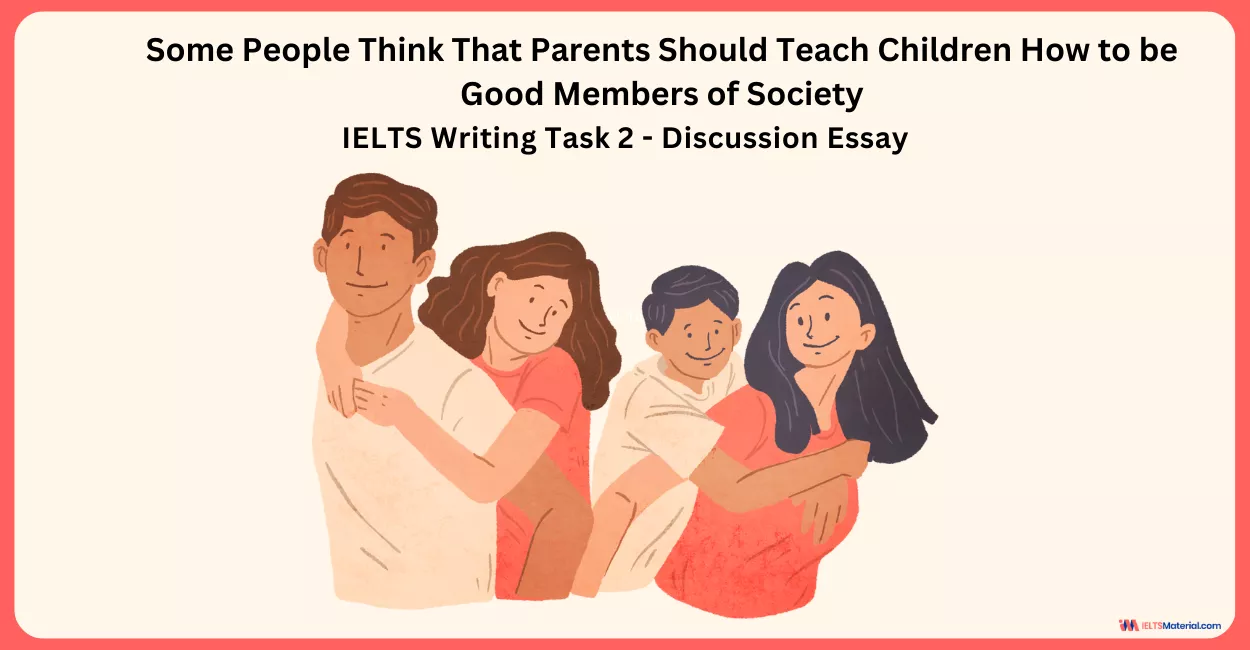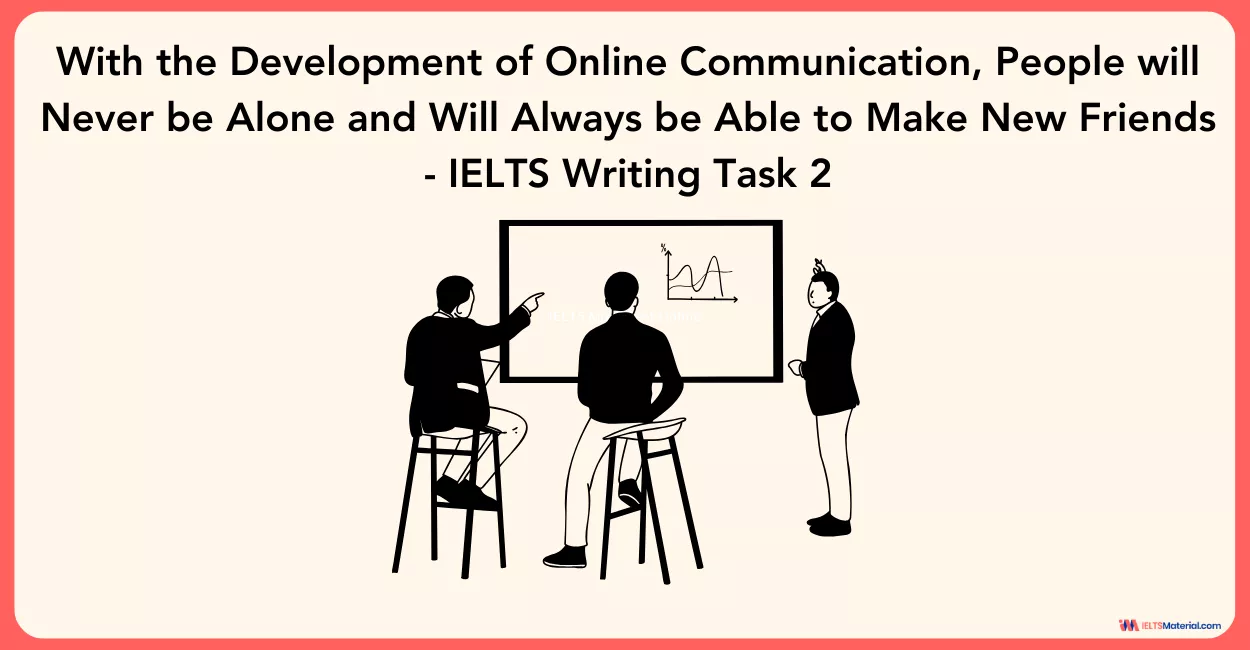Scientists Say that in the Future Humanity will Speak the Same Language in the Future Humanity will Speak the Same Language - IELTS Writing Task 2
1 min read
Updated On
-
Copy link
Find the Scientists Say that in the Future Humanity will Speak the Same Language - IELTS Writing Task 2
Table of Contents

Try AI Essay Checker for Instant Band Score
Scientists say that in the future humanity will speak the same language. Do you think this is a positive or negative social development?
Give reasons for your answer and include any relevant examples from your own knowledge and experience.
Sample Answer
It has been suggested by scientists that humanity may one day speak a single, global language. While this could offer certain practical advantages, I personally consider it a negative social development due to the potential loss of linguistic and cultural diversity.
Admittedly, a universal language would make communication far more efficient. It would eliminate language barriers in international business, diplomacy, and education, allowing people from different backgrounds to collaborate more easily. Moreover, it would reduce the time and resources spent on learning foreign languages, creating more equal opportunities for people globally.
However, the downsides are significant. Language is a key part of cultural identity, and many traditions and customs are tied to local languages. If minority languages become extinct, we risk losing ancient knowledge, folklore, and ways of thinking that have shaped societies for generations. Furthermore, the dominance of a single language might marginalize those who are less proficient, especially the elderly or those in rural areas, deepening social inequality.
In conclusion, while a single global language might improve international communication, the cultural erosion and threat to linguistic heritage make it a negative social development overall.
Understanding how to structure a Positive/Negative IELTS Writing Task 2 essay is key to achieving a high band score. In this blog, we explored sample answers for the question “Scientists say that in the future humanity will speak the same language”, along with useful vocabulary. Use these examples as a guide to develop balanced arguments and improve your writing performance in the actual test.
Also Check:
- How to Plan an IELTS Opinion Essay?
- Best IELTS Writing Task 2 Tips for Achieving Band 9
- The Global Demand for Oil and Gas is Increasing
- The Best Way to Improve Health is to Exercise Daily
- The Prevention of Health Problems and Health Illness is More Important than Treatment and Medicine
- Some Companies Sponsor Sport and Sports Stars as a Way to Advertise Themselves
Practice IELTS Writing Task 2 based on Essay types

Start Preparing for IELTS: Get Your 10-Day Study Plan Today!
Explore other Opinion Essays



Recent Articles

Haniya Yashfeen


Prity Mallick

Kasturika Samanta





Post your Comments
1 Comment